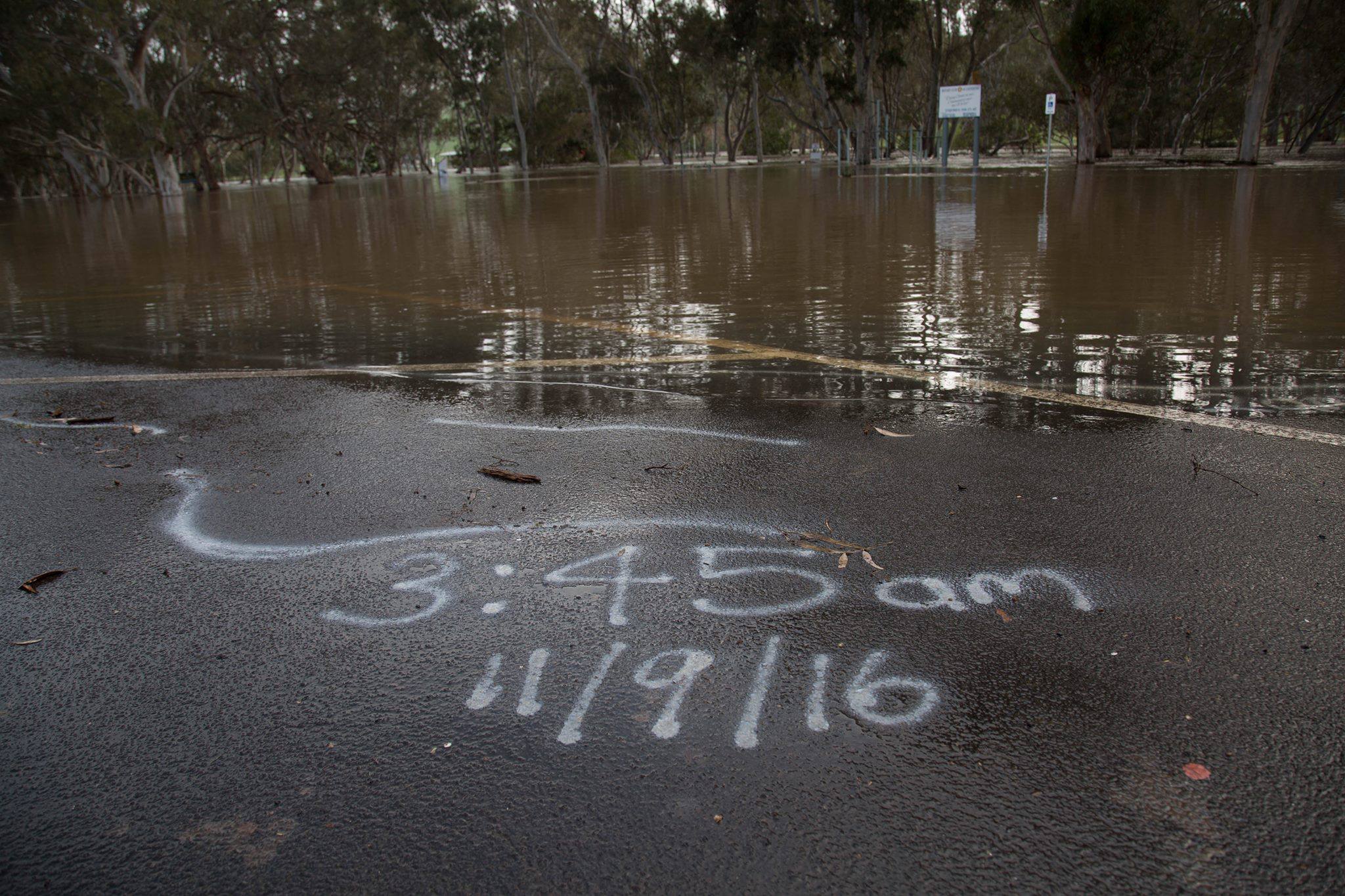Many Catholics, motivated by the noblest intentions, counsel prayerful silence in the midst of current events. It’s a compelling case I think, invoking the Holy Father’s meditation on our Lord’s prophetic silence. More important still is the care we (the Church — all of us) owe victims of clergy abuse. Disclosure requires enormous courage, and we must do everything we can to encourage disclosure, for the healing of individuals, and for the healing of the Church.
Hence I lament — sincerely and wholeheartedly — that my public stance on Cardinal Pell’s conviction is hurtful to victims of sexual abuse. I lament that it is defensive. I lament that it is, in some quarters, unhelpful. Nonetheless, I stand by it, because it is true.
Truth is critical to the healing process. Healing is preceded by justice, which is preceded by
What with the weekly press and other such weapons … your man has been accustomed, ever since he was a boy, to have a dozen incompatible philosophies dancing about together inside his head. He doesn’t think of doctrines as primarily “true” or “false”, but as “academic” or “practical”, “outworn” or “contemporary”, “conventional” or “ruthless”. Jargon, not argument, is your best ally in keeping him from the Church. Don’t waste time trying to make him think that materialism is true! Make him think it is strong, or stark, or courageous — that it is the philosophy of the future. That’s the sort of thing he cares about.
Christians owe a peculiarly personal allegiance to the
Prudence, as popularly understood, is synonymous with caution, reticence, even a discerning silence. There’s some truth to this idea. I have often profited by St Josemaría’s sage advice: “Remain silent, and you will never regret it: speak, and you often will.”
But the virtue of prudence — prudentia in Latin; phronesis in Greek; practical wisdom in English rendering — can also be an exercise in bold
In light of all that, let me reiterate:
- I make no comment on the motives and interior dispositions of the complainant. Mind reading is not a skill I possess, and it’s rash to ascribe to others unspoken motives and interior dispositions.
- Automatically believing complainants does not serve truth or justice, so nor can it serve
healing . Every allegation must be examined on its factual merits, without fear or favour. - Similarly, one’s personal impressions of an accused person are immaterial to the facts. Who hasn’t been surprised by the depravity of the apparently good, and the goodness of the apparently depraved?
- My insistence that Cardinal Pell is wrongfully convicted derives from a fair-minded assessment of the court proceedings and events leading up to this extraordinary event.
- Survivors of clergy abuse deserve our gratitude and our support, because they are prophets in our time, and they have an important role in purifying the Church.
My remarks may be hurtful to some. They may sound defensive to others. Unhelpful in many quarters. But I will happily wear that, as long as
It’s really important, I think, to speak the truth boldly and courageously. It’s more important still to speak the truth with love. To do that, we need prudence, which is the master virtue. Without prudence, we can’t exercise the other virtues. Prudence is particular, enabling us to be courageous and loving, compassionate and humble, encouraging and supportive, in the right way, at the right time, for the right reasons. Please God, we all improve at exercising prudence, however much we disagree.






COMMENT Thank you for a piece of inspiring wisdom and depth. Lacking your spiritual wisdom, I must admit that I am still struggling with rage at what has happened – not helped by the decision to turn the sentencing hearing into the modern PC equivalent of a public execution. But I shall keep praying.